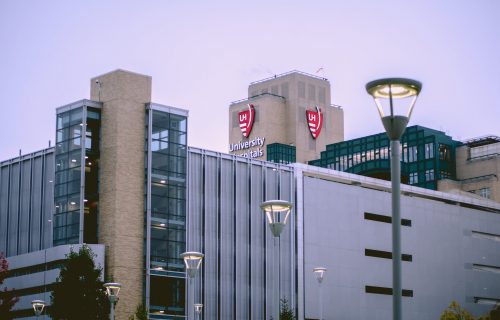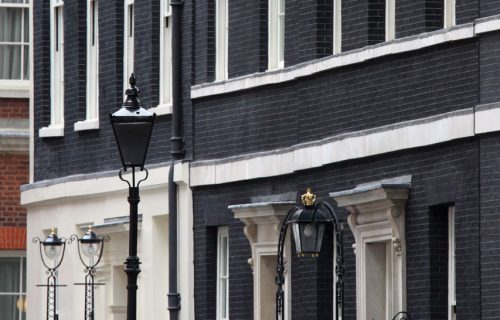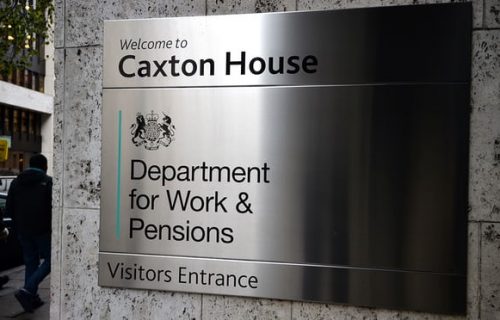Tens of millions of pounds have been wasted on a major failed hospital closure programme, according to an internal NHS document passed to the Guardian.
A confidential, draft document circulated to NHS North West LondonCollaboration of Clinical Commissioning Groups, which serves more than 2 million Londoners, admits the blueprint for one of the NHS’s largest planned reorganisations has failed.
“NHS commissioners and providers in north-west London have therefore decided to draw the SaHF [Shaping a Healthier Future] programme to a conclusion,†the document states.
The proposal was a flagship for reorganisation of the NHS in England when it was launched in 2012 and involved a reduction in the number of acute hospitals in eight London boroughs from nine to five. Julian Bell, the leader of Ealing council, described it as “a monstrous planâ€.
It was part of NHS strategy at the time to replace some acute hospitals with care provided in the community.
The document states that £76m has been spent on management consultants for the failed scheme from 2010-11 until the end of 2018. It outlines how health officials can respond to difficult questions that may be asked about the failed scheme. It also discusses preparing people for new changes as part of the NHS’long-term plan, which the document states will involve “difficult decisions and trade offsâ€.
SaHF argued that four acute hospitals in – Hammersmith, Central Middlesex, Charing Cross and Ealing – could be downgraded. The proposal involved the loss of more than 600 acute hospital beds. The document reports there has been a reduction of just seven hospital beds in the last six years.
The closure of Charing Cross was particularly controversial after plans were revealed to sell off 87% of the valuable central London site by the Guardian. But in March the health secretary, Matt Hancock, announced that plans to close A&E departments at Charing Cross and Ealing hospitals would no longer go ahead.
The document says: “Continued growth in demand for acute care, despite investment in primary and community services, a growing underlying budget deficit and shortfalls in our ability to recruit and retain enough staff with the right skills’ means that the plan, as originally envisaged, is no longer viable.â€
It provides statistics about an increase of 227,288 in A&E attendances across north-west London since 2012 – a 4% rise per year, with a 2018-19 waiting list of 177,395 patients, which would require the provision of 95 extra beds for a year to clear the backlog. The document adds there has been a 40% increase in patients waiting for non-urgent surgery.
It reveals how officials plan to “spin†this failure by citing improvements such as 100 new midwives and 90 new children’s nurses.
Source









